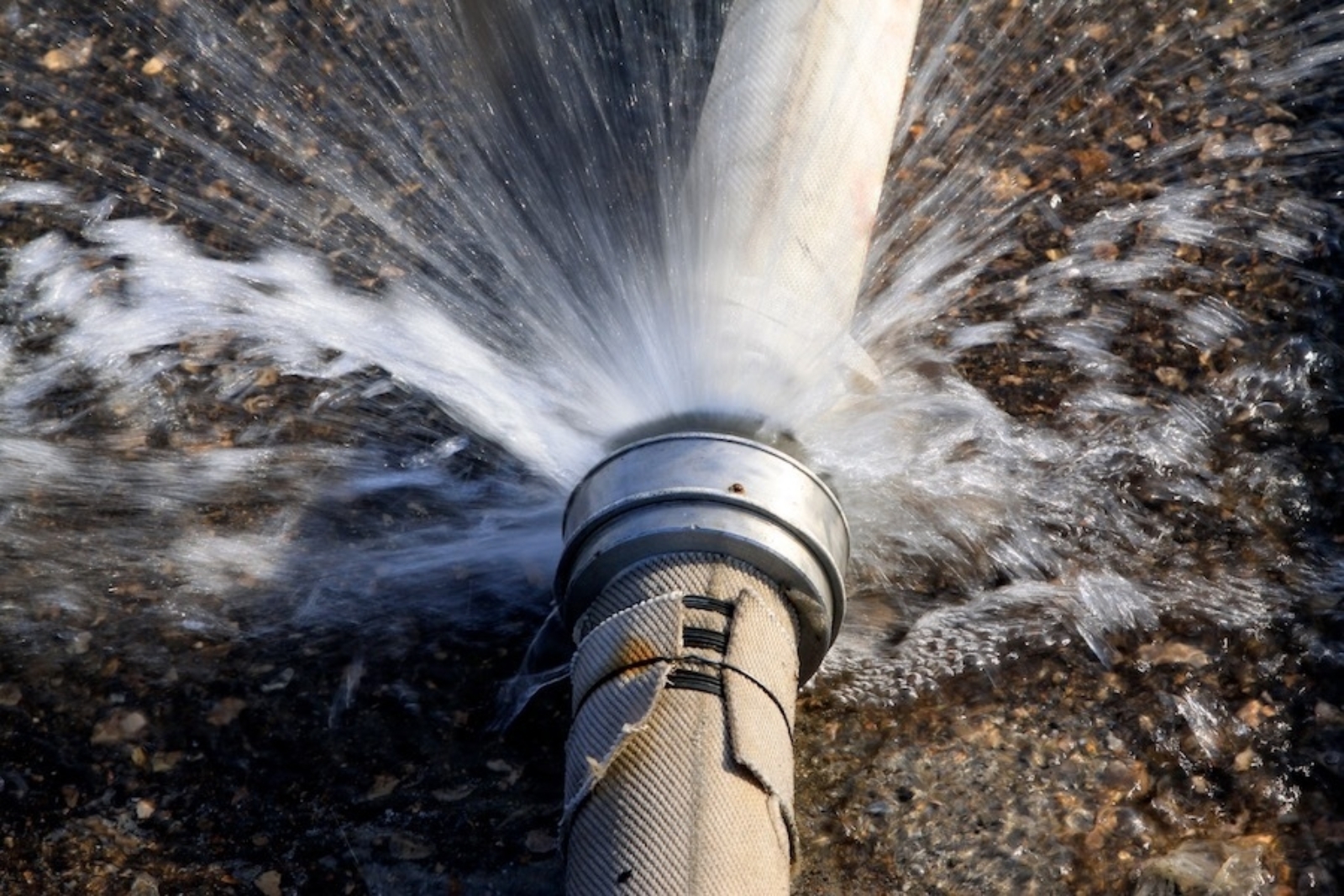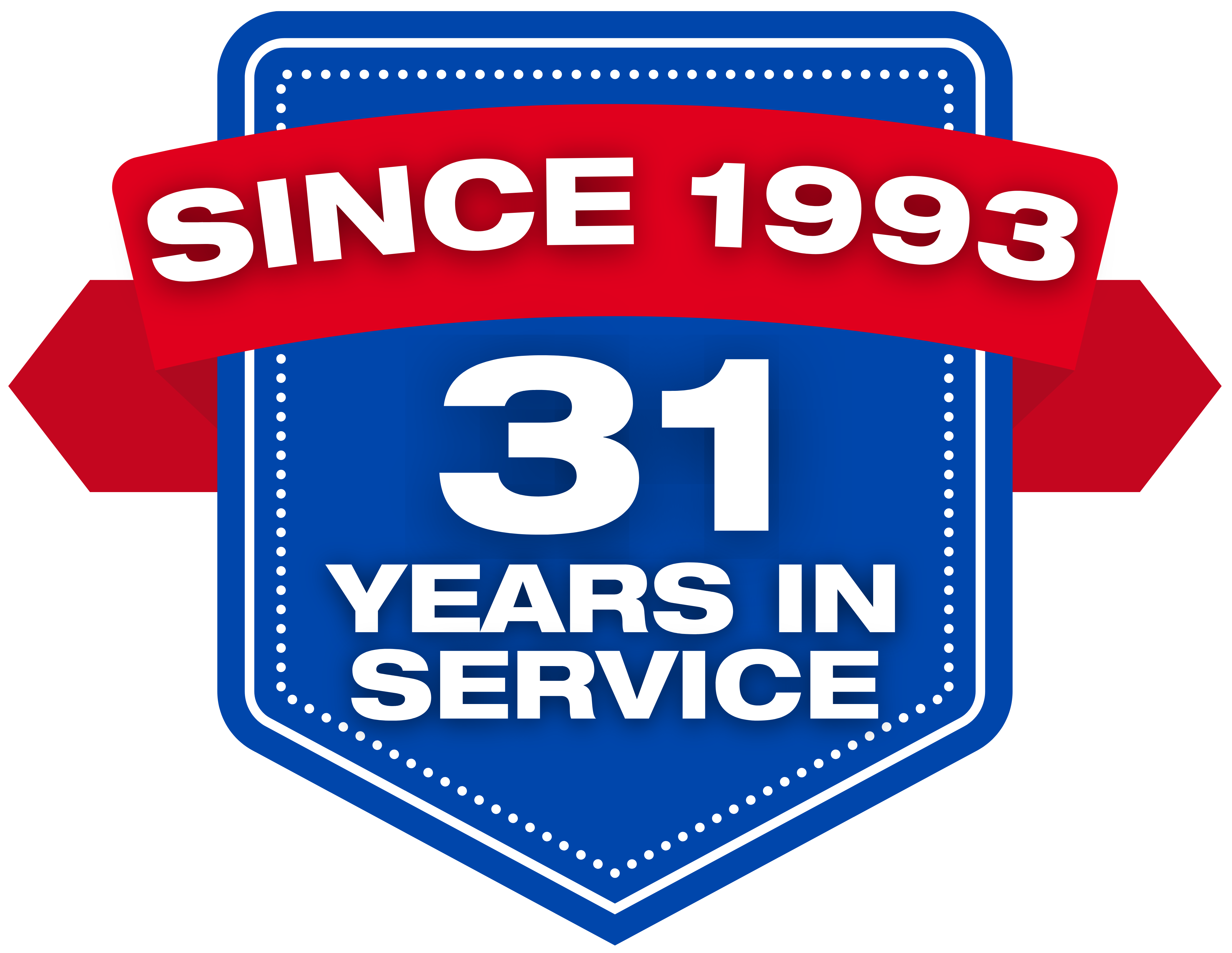What Causes Pipes to Burst & How to Prevent It

If you found this blog, you likely have been in this exact spot, burst pipes and a mess! You are not alone. Burst pipes are a common problem that can cause significant damage to a home or business. Knowing what causes pipes to burst and understanding effective preventative measures can go a long way in protecting your property. Let’s explore why pipes burst and what you can do to avoid this costly issue. We are here to help!
Why Do Pipes Burst?
Several factors can lead to burst pipes and water damage. Here are the key causes to keep in mind:
1. Freezing Temperatures: When temperatures drop, water inside pipes can freeze and expand, building pressure within the pipes. When this pressure becomes too great, it can cause the pipe to crack or burst. Frozen pipes are especially common in colder climates or during unexpected winter freezes.
2. High Water Pressure: Excessively high water pressure is another leading cause of pipe bursts. High pressure causes pipes to strain and eventually weaken. Over time, this stress can create weak points in the pipes, increasing the likelihood of a burst in your pipes.
3. Corrosion and Aging: Pipes that are old or made of materials susceptible to corrosion, like galvanized steel, can weaken over time. As pipes age, they develop small leaks or cracks, making them more vulnerable to bursting.
4. Clogs and Blockages: Clogs inside pipes can increase pressure when water has no clear path to travel. This extra pressure can lead to pipe damage and, ultimately, a burst. Debris buildup in pipes is a common cause of clogs, which can occur in homes, commercial buildings, and industrial settings.
5. Ground Shifts and Tree Roots: Something that is often overlooked are the changes in the soil, such as shifting ground or growing tree roots which can place additional stress on buried pipes. Tree roots can grow into small cracks in pipes, gradually expanding the openings and leading to bursts or leaks over time.
Preventative Measures to Prevent Pipe Bursts
After a disaster, a swift response is critical. ALL-CLEAN USA’s PRIME Promise Emergency Agreement Program is designed to ensure that your property is ready for anything, minimizing property downtime, income loss, and repair costs in the event of water damage or pipe bursts.
Preventing burst pipes requires regular maintenance, attention to weather conditions, and investing in the right materials. Here are practical measures to help you avoid the risk of burst pipes:
1. Insulate Pipes: Proper insulation is one of the most effective ways to prevent pipes from freezing. Foam pipe sleeves, heat tape, or heating cables can keep pipes warm during colder months. This is especially important for pipes in unheated areas, such as basements, attics, and garages.
2. Regulate Water Pressure: Installing a pressure regulator can help ensure that your water pressure remains at a safe level. Regularly checking your water pressure and keeping it between 40-60 PSI can prevent strain on pipes.
3. Inspect and Replace Aging Pipes: Regular inspections of your plumbing system, especially in older properties, can help you catch signs of aging or corrosion before they turn into major problems. Consider replacing old pipes with newer materials like copper or PEX.
4. Clear Clogs Quickly: If you notice slow drains, it’s essential to address them promptly. Regular drain cleaning helps prevent blockages that can cause pressure buildup in pipes. Consider using drain strainers to catch debris that could contribute to clogs.
5. Monitor and Adjust Heating During Cold Weather: Keeping your thermostat set to a consistent temperature, even at night, can help prevent pipes from freezing. Open cabinet doors to allow warm air to circulate around pipes and keep faucets dripping slightly to maintain water flow during extremely cold weather.
6. Plan Landscaping Carefully: When planting trees or bushes near your property, consider the distance from underground pipes. Avoid placing large trees directly above or near plumbing lines, as roots will naturally grow towards moisture, potentially causing damage to pipes.
7. Turn Off the Water if You’re Away for an Extended Period: If you’re leaving home for an extended time, turn off the water supply and drain the pipes. This reduces the risk of undetected leaks or burst pipes while you’re away.
Signs Your Pipes May Be at Risk
Knowing the warning signs of a potential burst can also help you take preventative action:
Frost on Pipes: Visible frost or ice on pipes in cold weather is a sign that the water inside may be freezing.
Unusual Noises: Rattling, banging, or whistling sounds from pipes may indicate high water pressure or other issues.
Discolored Water: Brown or yellow water can indicate corrosion in the pipes.
Low Water Pressure: If water pressure suddenly drops, it may signal a blockage or weak point in the pipes.
If you're concerned about the risk of burst pipes or need assistance with inspecting your plumbing system, consider reaching out to a professional plumber for a comprehensive evaluation.
ALL-CLEAN USA: Your Trusted 24/7 Restoration Partner
When pipes freeze or burst, immediate action is essential to minimize damage and protect your home’s plumbing. By knowing the right steps and preventive measures, you can help safeguard your property against costly repairs and water damage.
Count on ALL-CLEAN’s certified restoration professionals for expert assistance—available 24 hours a day, every day of the year. Contact us anytime for fast, reliable service to restore your property with precision and care.


